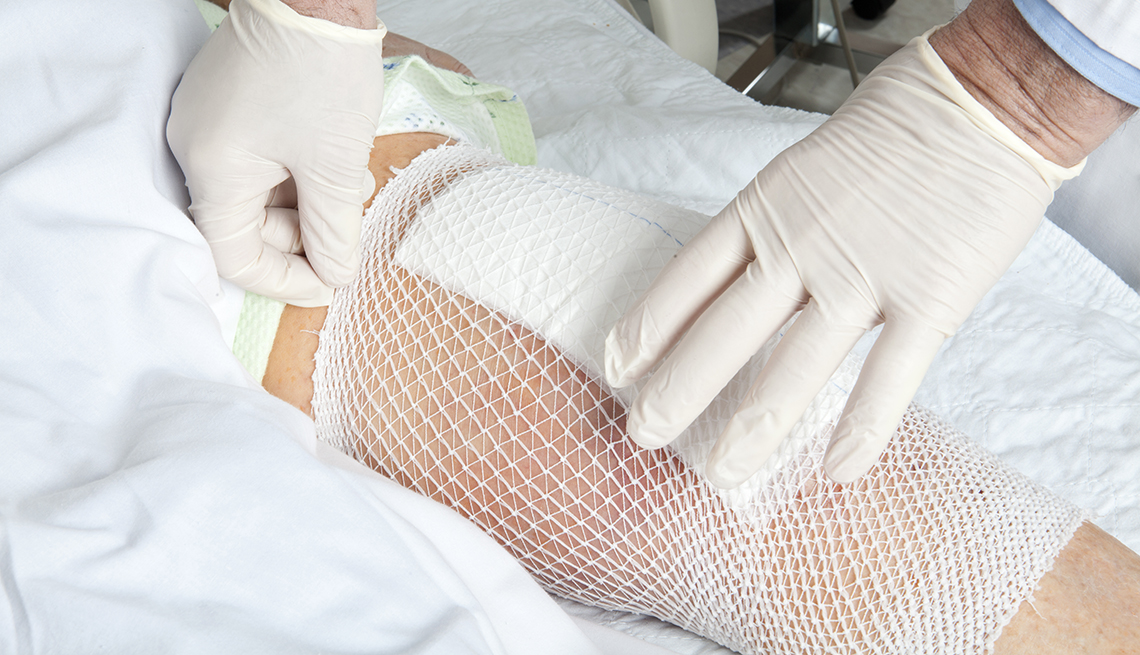
Many feel pain, regret after knee-replacement surgery
- Select a language for the TTS:
- UK English Female
- UK English Male
- US English Female
- US English Male
- Australian Female
- Australian Male
- Language selected: (auto detect) - EN
Play all audios:

The younger patients are, the more likely they are to “outlive” their knee implants and require a second surgery. Such “revision” procedures are more difficult to perform for many reasons,
including the presence of scar tissue from the original surgery. Bone cement used in the first surgery also can be difficult to extract, and bones can fracture as the older artificial knee
is removed, Rickert said. Rickert said that some patients are offered surgery they don’t need and that money can be a factor. Knee replacements, which cost $31,000 on average, are “really
crucial to the financial health of hospitals and doctors’ practices,” he said. “The doctor earns a lot more if they do the surgery.” Yet surgery isn’t the only way to treat arthritis.
Patients with early disease often benefit from over-the-counter pain relievers, dietary advice, physical therapy and education about their condition, said Daniel Riddle, a physical therapy
researcher and professor at Virginia Commonwealth University in Richmond. Studies show that these approaches can even help people with more severe arthritis. In a study published in
Osteoarthritis and Cartilage in April, researchers compared surgical and non-surgical treatments in 100 older patients eligible for knee replacement. Over two years, all of the patients
improved, whether they were offered surgery or a combination of non-surgical therapies. Patients randomly assigned to undergo immediate knee replacement did better, improving twice as much
as those given combination therapy, as measured on standard medical tests of pain and functioning. But surgery also carried risks. Surgical patients developed four times as many
complications, including infections, blood clots or knee stiffness severe enough to require another medical procedure under anesthesia. In general, 1 in every 100 to 200 patients who undergo
a knee replacement die within 90 days of surgery. Significantly, most of those treated with non-surgical therapies were satisfied with their progress. Although all were eligible to have
knee replacement later, two-thirds chose not to do it.
